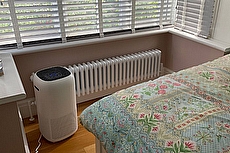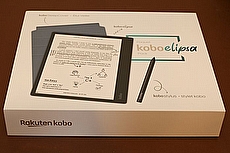Save money by comparing deals on energy and insurance
Why compare with Choose?
We are independent of all of the products and services we compare.

We order our comparison tables by price or feature and never by referral revenue.

We donate at least 5% of our profits to charity, and we have a climate positive workforce.

Read more about the Choose Promise














